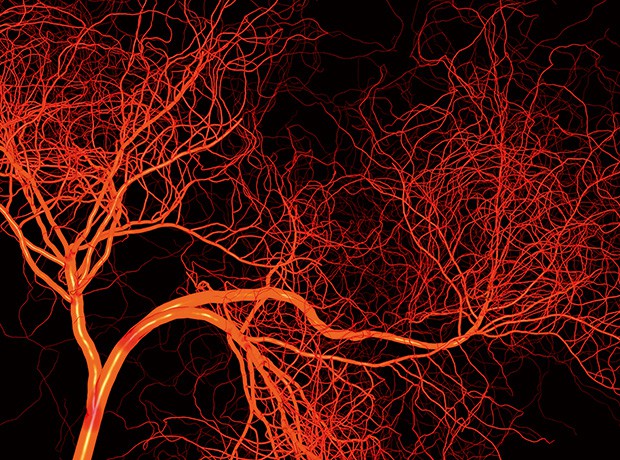This progressive neurological disease currently affects more than 200,000 people worldwide.
University Medical Center Utrecht (UMC) in the Netherlands, in collaboration with VectorY Therapeutics, has announced that it has enrolled the first patient in a new study to identify biomarkers for amyotrophic lateral sclerosis (ALS).
Findings from the longitudinal study may support the development of VectorY’s lead program, VTx-002, a TDP-43-targeted therapeutic for ALS.
ALS, which affects more than 200,000 people worldwide, is a progressive neurological disease that affects motor neurons, the nerve cells in the brain and spinal cord, affecting muscle movement and breathing.
The study aims to enroll 70 ALS patients in the Netherlands and identify biomarkers in the blood or cerebrospinal fluid (CSF) of ALS patients to help improve diagnosis, monitor disease progression and improve the design of future clinical studies, as well as provide insight into the pathogenesis of ALS to aid in the development of new treatments.
All blood and cerebrospinal fluid samples will be collected and tested to identify multiple potential biomarkers, including TDP-43-related biomarkers, that are indicative of pathogenic processes leading to motor neuron degeneration.
TDP-43 is an RNA/DNA-binding protein that plays an important role in regulating RNA processing in the nucleus and cytoplasm.
Currently in preclinical development, VectorY’s VTx-002 is a vectored antibody that selectively removes misfolded and aggregated TDP-43 from neuronal cytoplasm and restores the critical function of TDP-43 in the nucleus, preserving neuronal function and health in ALS.
“Identifying potential biomarkers for ALS is an important step for future research,” said Leonard van den Berg, professor of neurology at the University Medical College Utrecht.
“The availability of more objective biomarkers will make it easier to identify effective treatment options as early as possible for all people with ALS.”
Sander van Deventer, CEO of VectorY, commented: “Clinical development[of disease-modifying therapies targeting TDP-43 pathology]is highly dependent on the availability of easily measurable biomarkers that reflect the underlying pathogenesis.
“Our collaboration will enable access to longitudinal cerebrospinal fluid (CSF) and blood samples that are essential for biomarker development, which are currently in short supply.”







